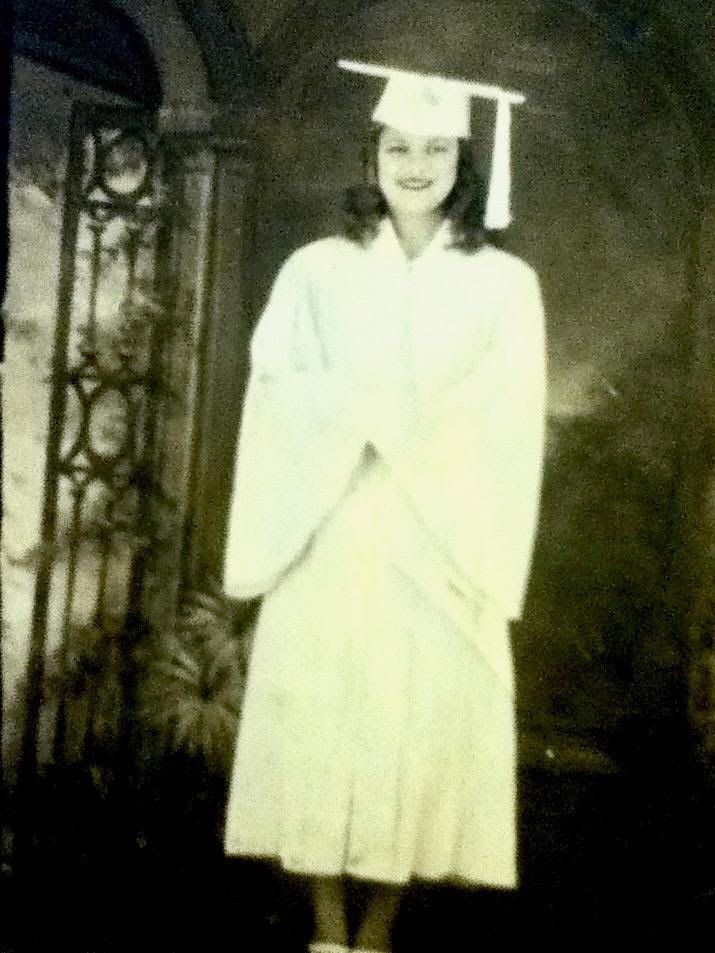I wanted to write a memoir but the connective tissue of the memoir didn't interest me. I wanted to render memories that would pop up like mushrooms and quickly vanish. I owe much to where I was raised, in a black neighborhood where people talked to each other and spent time on the porch and on the corner, as did my brothers and their friends as they smoked weed, drank Mickey Big Mouths and Heinekens, and talked all the time about the insanity of Vietnam, nuclear war, and H.P. Lovecraft, and from there they'd segue into the adventures of the many memorable characters in the neighborhood. I tried to do that here. A new installment will appear here every Saturday this and next month.
¤
Nobody knows anything but what they know, and Mama knew she wasn’t white.
What she thought of herself, how she saw herself was clear. “People look at me like I’m white. So, I go places you can’t go if you’re dark-skinned. When I’m in those places I hear what they say. I can’t do anything but listen to their words until I quit or explode.”
Mama exploded all right, but that was her thing to explore the depths of rage. That was the deal in the world she was raised in. It had context in New Orleans and it was common enough to be Creole or obviously mixed race — so mixed that if they crossed over the racial divide it would work, they’d be white and gain all the privileges of a white woman far as that goes and they were willing to abandon their relatives and depart into whiteness.
I remember as a kid visiting cousins in Palm Springs. The dad looked white, and he was a pharmacist from New Orleans who had married a white woman. Mama said we were invited out there because we passed the brown bag test. They had a beautiful house with a great pool and two boys my age who looked like blond, white kids. We swam a bit and had barbeque and they were nice enough, but I never saw them again. The wall of whiteness wall went up and it was very high though the oldest kid gave me a clinched-fist-salute goodbye.
Mama applied for jobs that involved some understanding of computers before that was something to be expected of a woman of any color. She’d come in for an interview and a white man would discuss office work and then she’d mention that she knew Univac and was good at it. Then after a moment of surprise Mama would get hired. She enjoyed that work and she almost bit my head off when I asked if she did data entry. “No,” she said, “I’m not an idiot.” I didn’t know what programming was, but I knew she was fiercely proud that she was doing it. She worked for that company for a few months, but at some point, she quit, though not before trying to destroy the office, turning over tables and throwing lamps and cursing out her boss. That seemed to be her thing and Daddy said Mama was crazy for doing what she did. Who’d want to hire a crazy woman?
I had no idea who would hire her, but Mama had a new job within a week or so. She stayed there for four months but quit that job too after cursing out another boss.
Mama kept working until she retired. Then she explained why she quit so much. “Because They thought I was white they’d start talking about the nigger riots or the lazy niggers on welfare. I would bite my lip and try not to listen but sooner or later I couldn’t help but explode and it wasn’t something I was trying to do; it just happened.”
I imagined her at a desk seething, trying to control herself, but she was a powder-keg with a lit fuse about to explode on a racist world and she did.
¤
LARB Contributor
Jervey Tervalon was born in New Orleans and raised in Los Angeles, and got his MFA in Creative Writing from UC Irvine. He is the author of six books including Understanding This, for which he won the Quality Paper Book Club’s New Voices Award. Currently he is the Executive Director of “Literature for Life,” an educational advocacy organization, and Creative Director of The Pasadena LitFest. His latest novel is Monster’s Chef.
Did you know LARB is a reader-supported nonprofit?
LARB publishes daily without a paywall as part of our mission to make rigorous, incisive, and engaging writing on every aspect of literature, culture, and the arts freely accessible to the public. Help us continue this work with your tax-deductible donation today!
